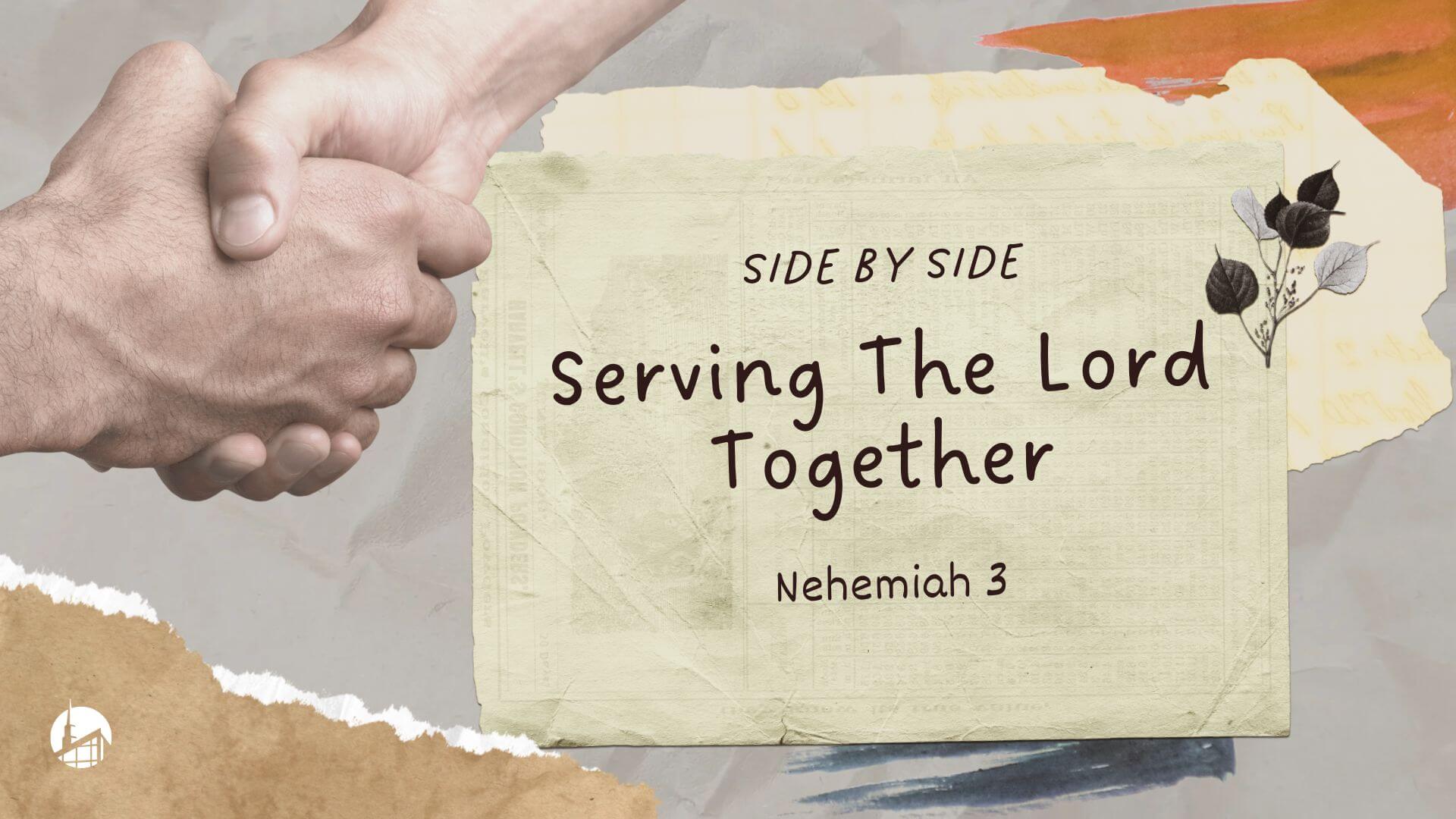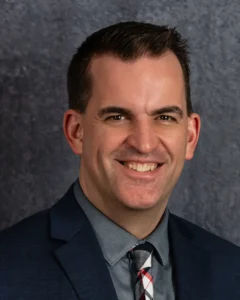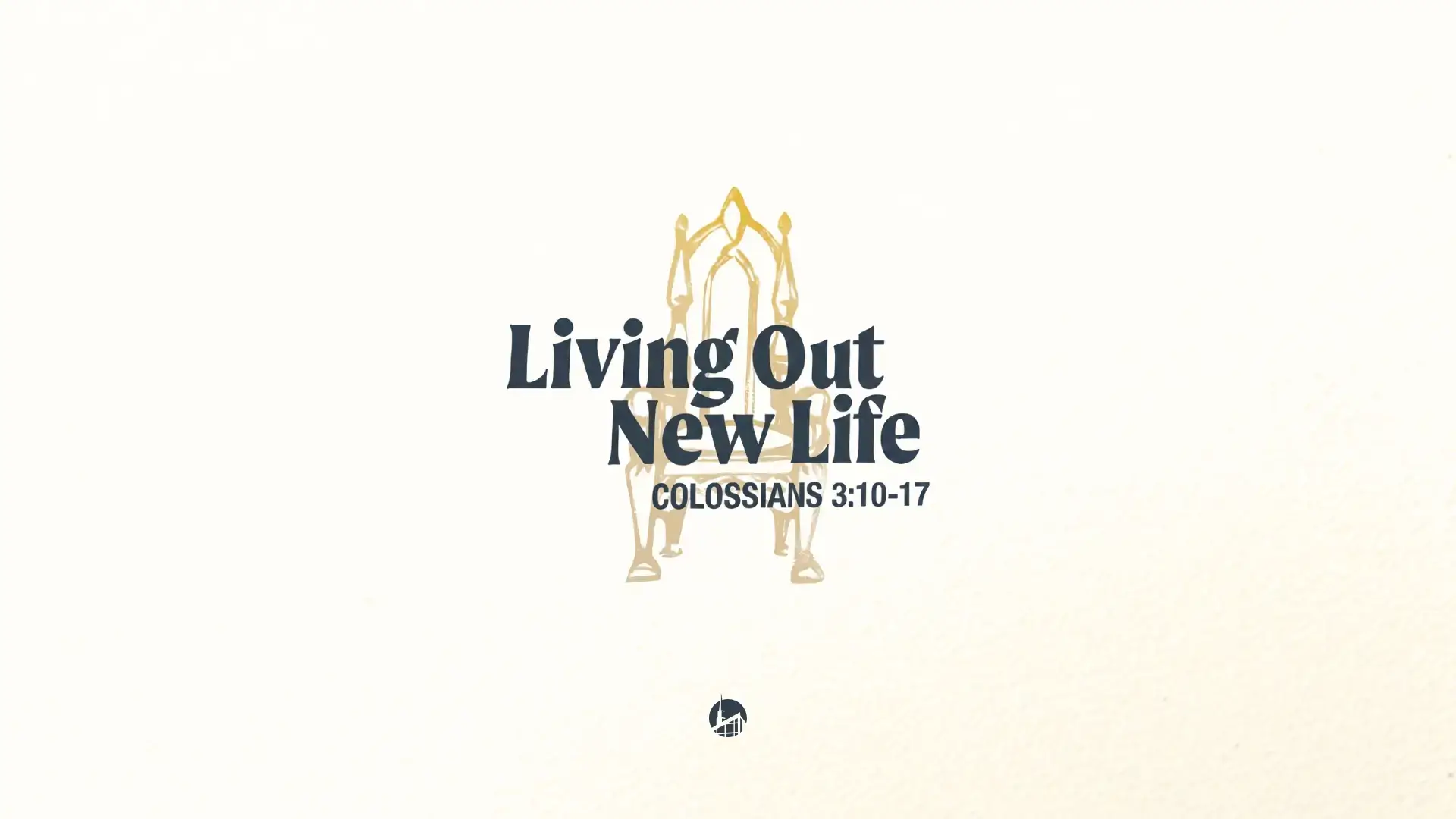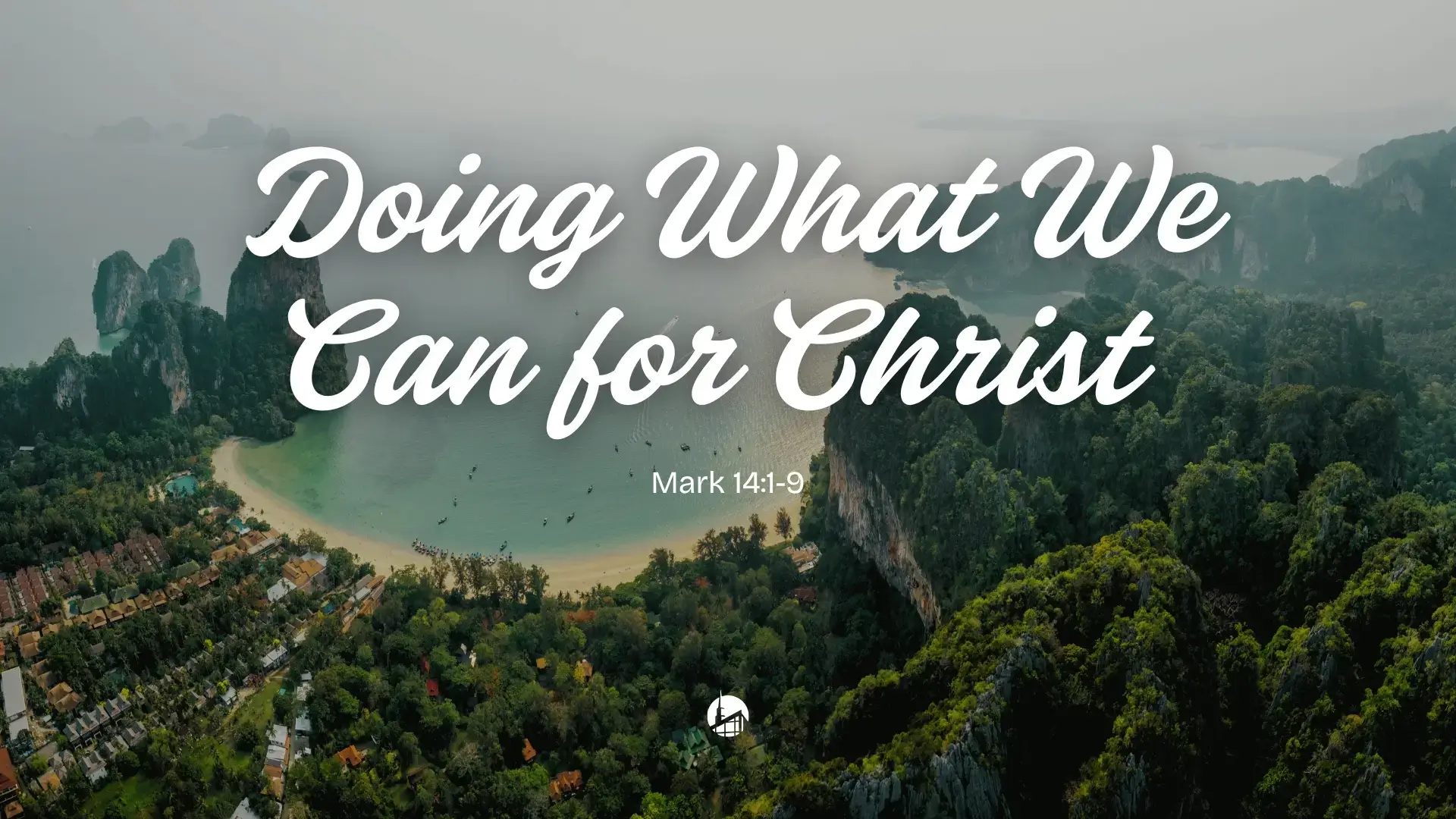In Nehemiah 3, we find more than a construction report, we uncover a blueprint for how the people of God come together to accomplish His divine mission. As God’s people rebuilt the wall of Jerusalem after exile and judgment, their collective effort reveals four key traits of genuine service: consecration, willingness, zeal, and local responsibility. The work was not only physical but spiritual, deeply rooted in worship and restoration. And though our task today is not to build walls, we are still called to build up lives, proclaim the gospel, and serve side-by-side in the local church.
A Consecrated Work (Nehemiah 3:1)
The chapter opens with Eliashib the high priest and his fellow priests rising up to rebuild the Sheep Gate. Their action is both symbolic and foundational. The Sheep Gate was where sacrificial animals entered the temple, an image that points directly to the ultimate sacrifice of Christ. This gate had no locks or bars, illustrating the free and open invitation of salvation offered to all.
By sanctifying their work, the priests set the tone for the entire chapter. It reminds us that true service to God begins with consecration, setting apart our efforts for His glory. Leaders must lead, not only by word but by action. And before we can do anything for the Lord, we must first enter through the “Sheep Gate” by receiving Jesus as our Saviour. Salvation precedes service. Only then can we offer our hands to work that truly matters for eternity.
A Willing Work (Nehemiah 3:5)
In verse 5, we encounter a contrast. The people of Tekoa repaired part of the wall, but their nobles “put not their necks to the work of their Lord.” This striking statement exposes a sad reality, some feel too important to serve. Maybe they were wealthy, educated, or simply proud. Whatever the reason, they refused to get involved.
But the Tekoites pressed on without them. Their willingness is a testimony that God’s work continues, even when others abstain. Service is never forced; it is an act of love. God doesn’t seek talent first, He seeks a willing heart. Like the Tekoites, we must be faithful even when others around us are not. The privilege to serve God is personal and cannot be outsourced. When we fix our eyes on Christ, the ultimate servant, we find all the motivation we need to serve with joy and humility.
A Zealous Work (Nehemiah 3:13, 20)
Among the many who repaired, two groups stand out. In verse 13, the inhabitants of Zanoah repaired a staggering thousand cubits of the wall roughly the length of nine commercial airplanes lined up nose-to-tail. That’s no small feat. In verse 20, Baruch is described as earnestly repairing his section. The Hebrew word used here conveys intense determination, he worked as if on fire, consumed with holy passion.
This is the kind of zeal that honours God. Zeal is not loudness or activity for its own sake; it’s heartfelt devotion expressed in diligent, excellent work. Jesus did all things well, and He deserves our best. Whatever we do whether it’s teaching, cleaning, praying, or visiting. We should do it heartily, as unto the Lord.
A Local Work (Nehemiah 3:28-30)
In the closing verses, we see another beautiful detail: many repaired the wall “over against his house.” Some built massive sections, others just handled what was in front of them. Not everyone can do the same amount, but everyone can do something.
God doesn’t expect us to replicate someone else’s output. He calls us to faithfulness where we are, with what we have. For some, it’s teaching a class. For others, it’s praying at home. Some are in a season of strength, others in a season of limitation. But God values faithfulness over quantity. Whatever your stage of life or physical ability, there is a way for you to contribute to God’s work today. Be faithful with what is local to you.
Conclusion
Nehemiah 3 reminds us that God involves His people in His work. Whether leaders or laypeople, young or old, strong or weak everyone has a place in the mission. The work is consecrated, requiring spiritual focus and surrender. It is willing, done from a heart that loves God. It is zealous, done with excellence. And it is local, done right where God has placed you.
Before anything else, though, you must enter through the Sheep Gate. That is, you must receive Jesus as your Saviour. Only then can your life become part of God’s restorative plan in this broken world. If you’ve trusted Christ, ask yourself today: what is my part in the work? And whatever it is, do it for Him because He is worthy.












